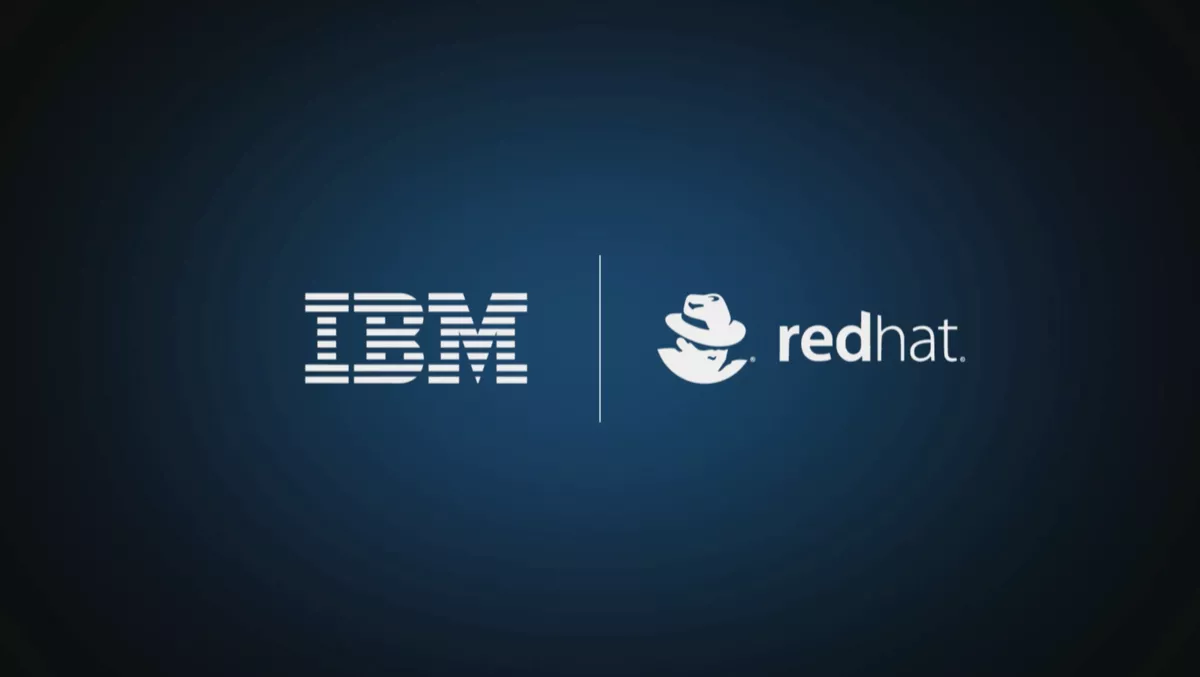
Red Hat has announced a major expansion to their long-standing relationship with IBM, combining on technologies spanning both private and public cloud, targeting customers with hybrid cloud models.
Announced at the Red Hat Summit event in San Francisco, the agreement builds on IBM's recent move to re-engineer its entire software portfolio with containers, including WebSphere, MQ Series and Db2.
For Red Hat, it's part of the company's major push of its hybrid cloud messaging, as it positions container technology as the vehicle driving application migration across multiple IT footprints from existing data centers to the public cloud and vice versa.
Red Hat says the partnership will provide enterprise customers with a ‘clear path' for the adoption of hybrid cloud when combining technologies from the two companies.
One such integration involves the movement of technology investments to hybrid cloud with IBM Cloud Private and Red Hat OpenShift serving as the common foundation. According to Red Hat, its customers will now be able to build and deploy containerised applications on one single, integrated container platform, with IBM Cloud Private providing a single view of all enterprise data. The company says the agreement will also allow developers to design, modernise, and deploy new applications more quickly while leveraging IBM's cloud-based services such as artificial intelligence (AI), Internet of Things (IoT) and blockchain with IBM Cloud Private on Red Hat OpenShift Container Platform.
Red Hat president for products and technologies Paul Cormier says, “Today's enterprises need a succinct roadmap for digital transformation as well as confidence in deployment consistency across every IT footprint.
“By extending our long-standing collaboration with IBM, we're bringing together two leading enterprise application platforms in Red Hat OpenShift Container Platform and IBM Cloud Private and adding the power of IBM's software and cloud solutions. Together, we're providing customers with a supported, consistent offering across their computing environments.” As part of the agreement, IBM will bring its private cloud platforms (IBM Cloud Private and IBM Cloud Private for Data) and its middleware offerings to Red Hat OpenShift Container Platform as Red Hat Certified Containers.
Customers will thus be able to use the IBM Cloud Private self-service catalogue, deployment engine and operational management on Red Hat OpenShift Container Platform across all footprints of the hybrid cloud including the IBM public cloud.
IBM hybrid cloud Senior vice president Arvind Krishna says the new relationship is a part of its push towards middleware containerisation.
“With IBM's recent move to containerise its middleware, today's landmark partnership between IBM and Red Hat provides customers with more choice and flexibility,” he says.
Our common vision for hybrid cloud using container architectures allows millions of enterprises – from banks to airlines and government organisations - to access leading technology from both companies without having to choose between public and private cloud.” IBM and Red Hat have had a long-standing relationship that spans two decades, with both companies having a heavy investment in open source technologies.
The extended collaboration is already available to customers, as organisations with eligible Red Hat subscriptions can currently use their Red Hat OpenShift Container Platform subscriptions on IBM Cloud via the Red Hat Cloud Access solution.
The companies will also partner to provide joint consultancy and implementation services through the IBM Garage and Red Hat Consulting and the solution will be supported by IBM Technology support services and Red Hat Services.
TechDay is on the ground as one of the first ANZ publications to ever cover the Red Hat Summit event, which this year has brought in over 7000 attendees. More updates to come.